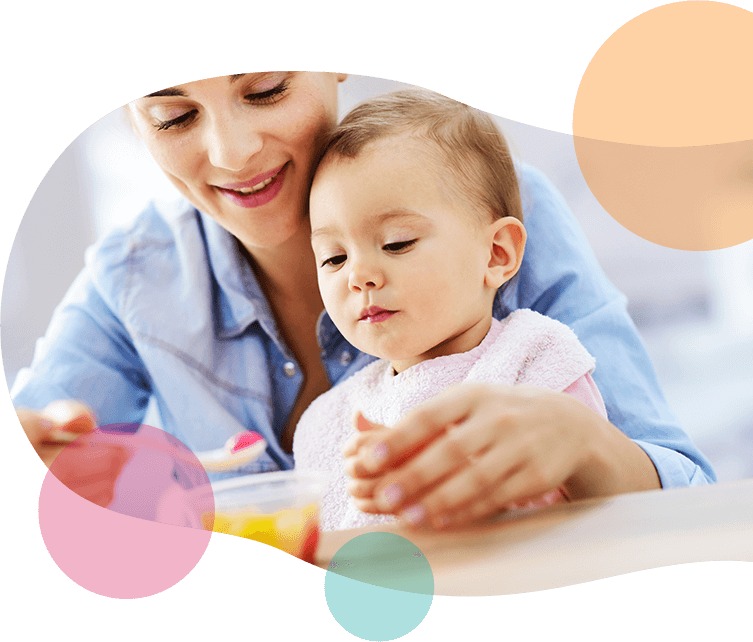An early intervention programme for high risk infants typically begins within the first year of life. All early development (cognitive, motor, language and communication, and growth) is influenced by social and emotional development through caregiving relationships. Interventions during this period have a high potential to impact positively on neurodevelopmental outcomes.
“The goal of early intervention is to minimise cognitive, motor and emotional impairments in young children disadvantaged by biological or environmental risk factors. The early years are critically important for cognitive and motor development. The timing of therapeutic approaches that support developmental acquisition during this period reflects the most dynamic period of neuroplasticity with the highest potential for ameliorating the negative sequelae associated with high-risk infants” (Morgan et al 2016; Hadders-Algra et al 2017).
A primary goal of early intervention is to advance cognition and the readiness to learn. It aims “to promote child health and well-being, enhance emerging competencies, minimise developmental delays, remediate existing or emerging disabilities, prevent functional deterioration and promote adaptive parenting and overall family function” (Shonkoff, cited in Spittle & Treyvaud 2016).
